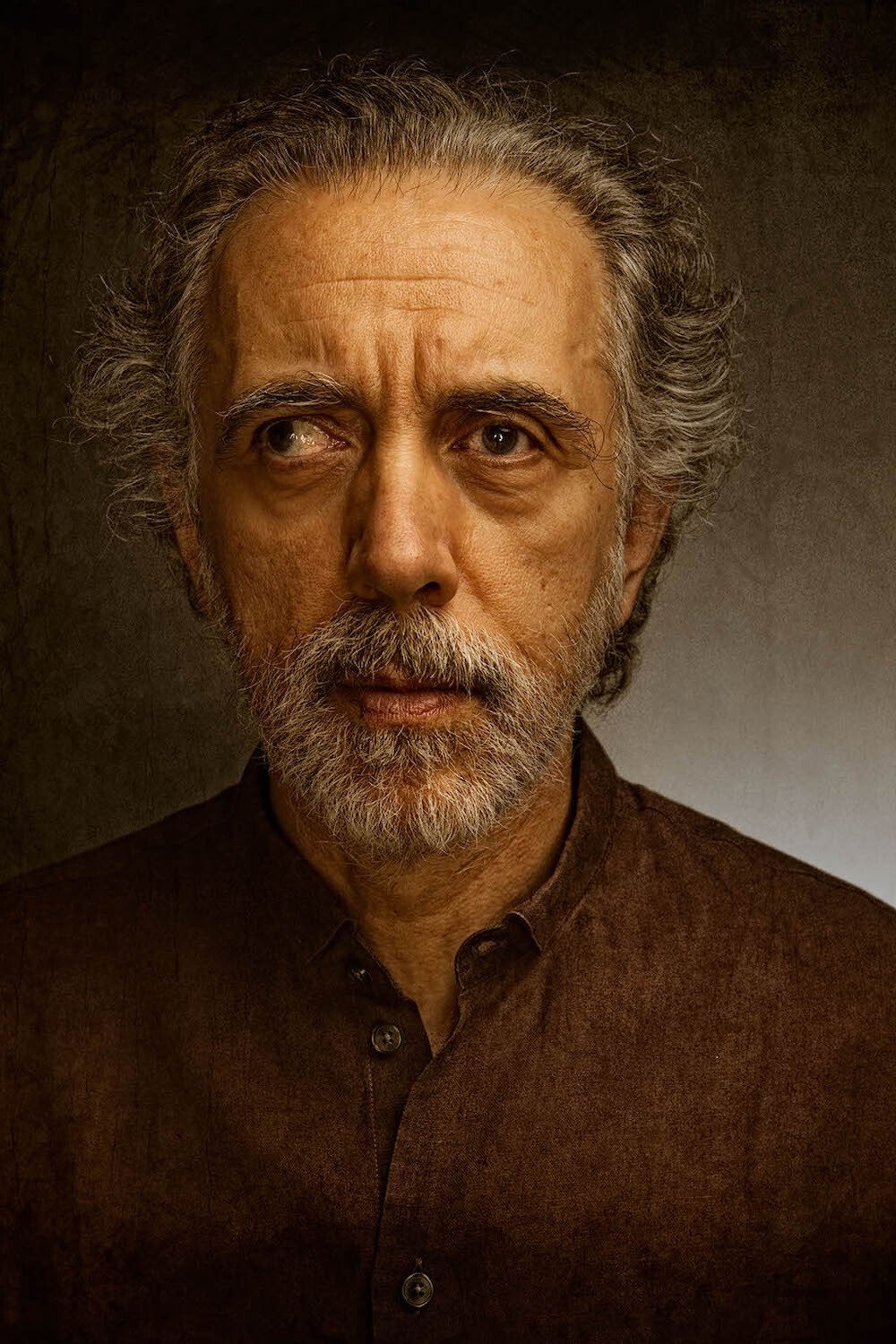
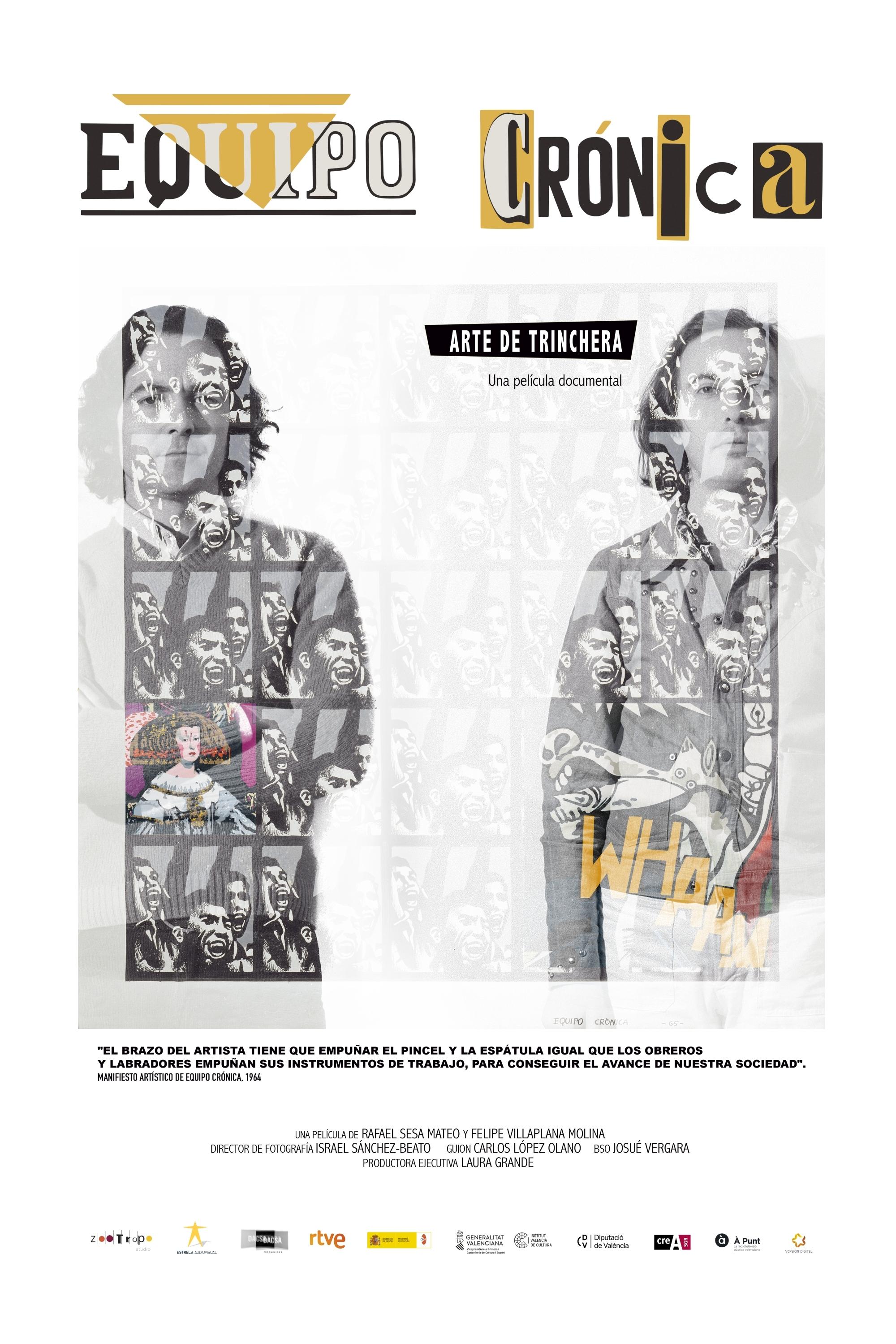
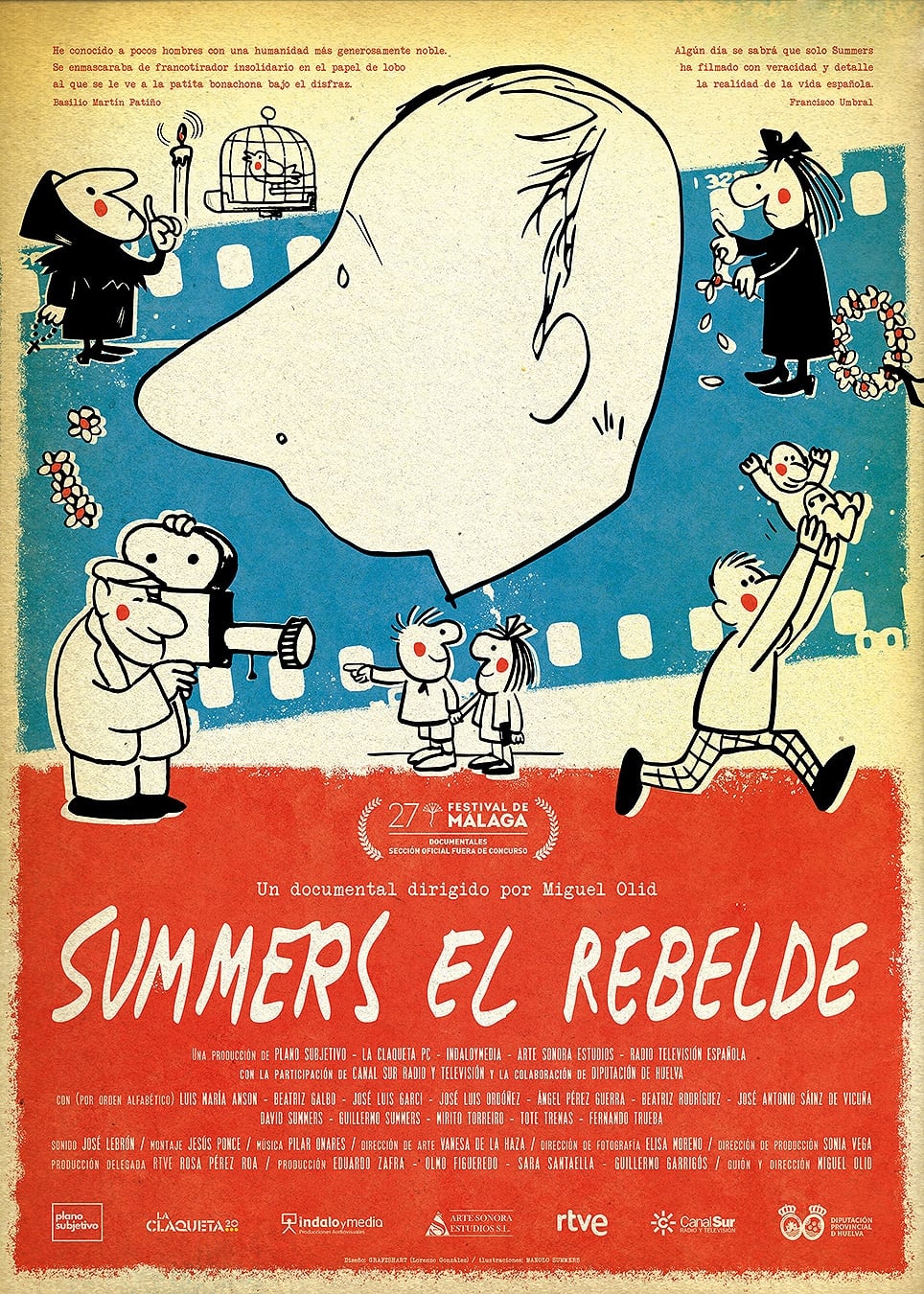
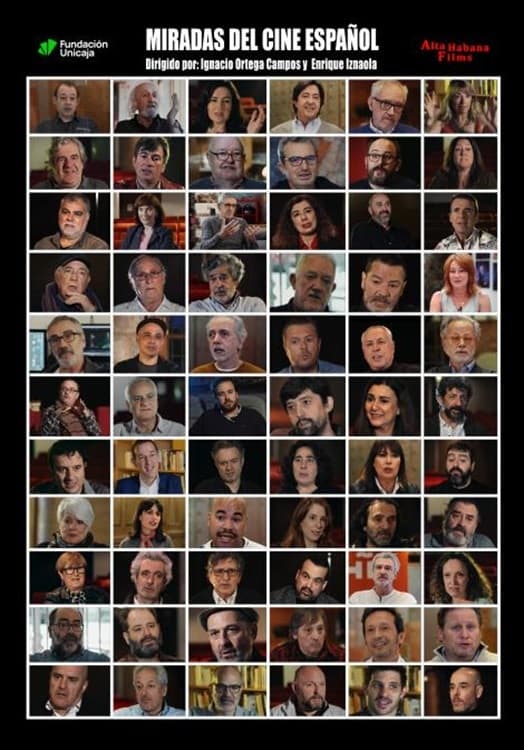
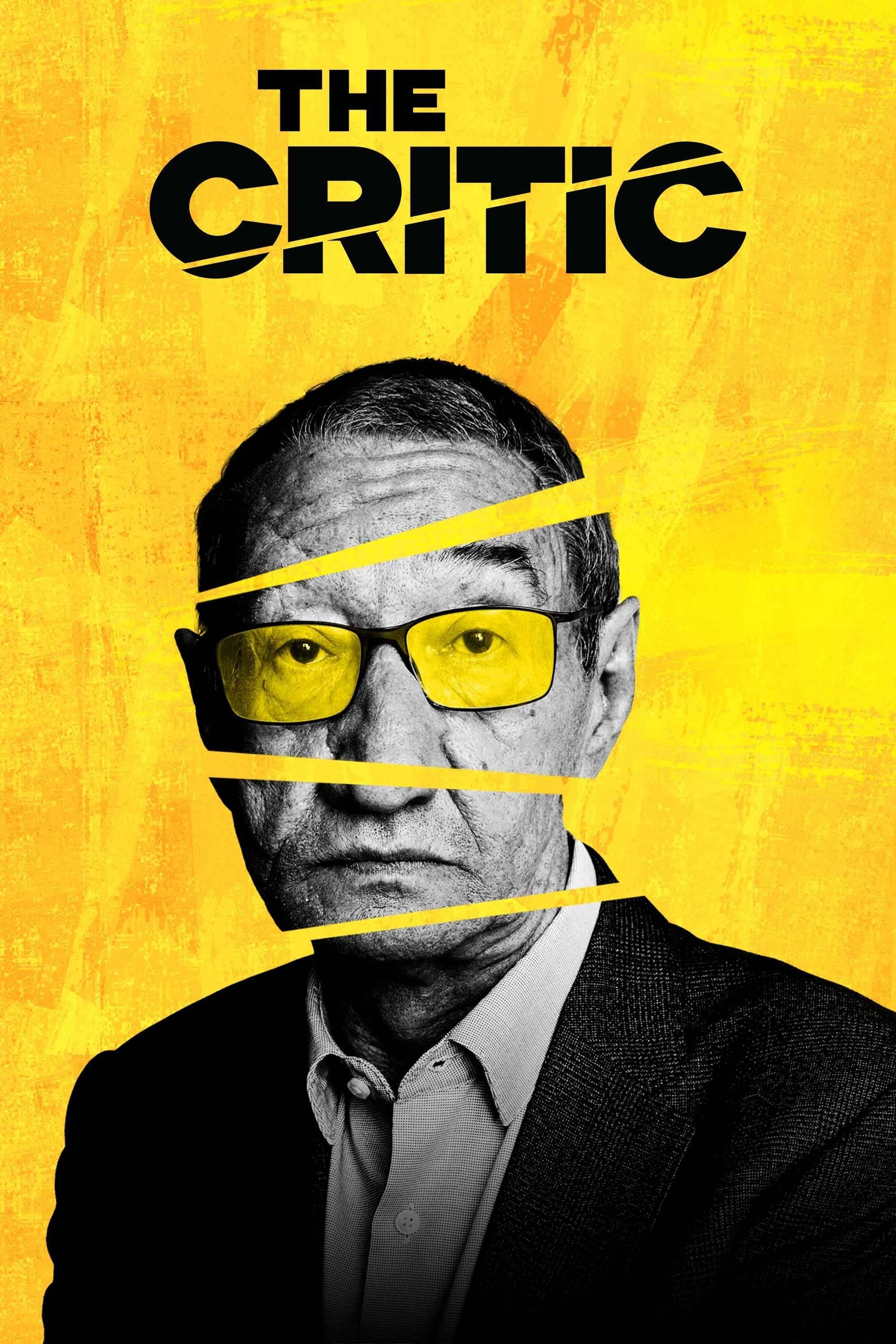
A portrait of film critic Carlos Boyero, one of the most followed and feared figures in Spanish cinema, surrounded by controversy and both love and hate.
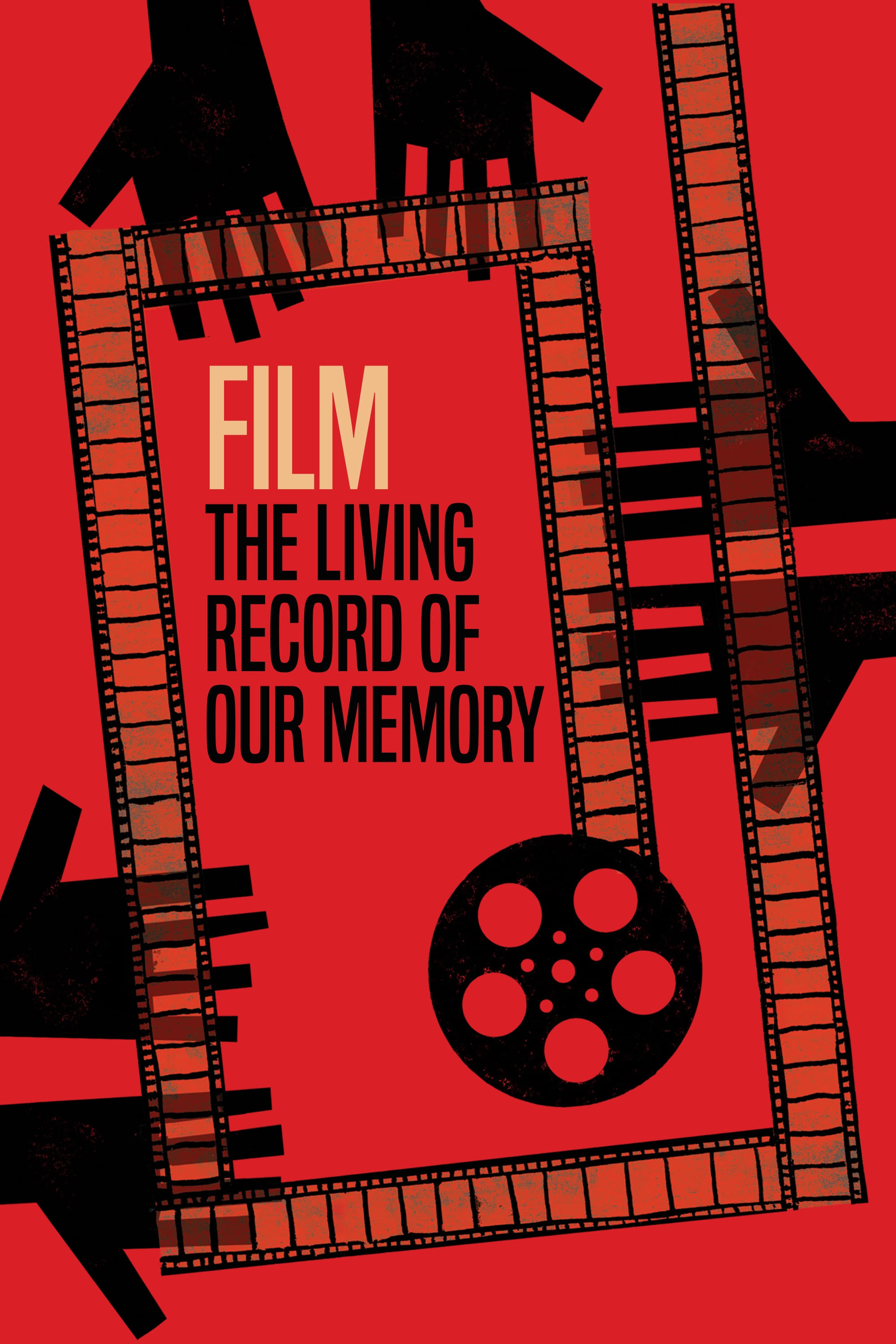
Why are we still able, today, to view images that were captured over 125 years ago? As we enter the digital age, audiovisual heritage seems to be a sure and obvious fact. However, much of cinema and our filmed history has been lost forever. Archivists, technicians and filmmakers from different parts of the world explain what audiovisual preservation is and why it is necessary. The documentary is a tribute to all these professionals and their important work.
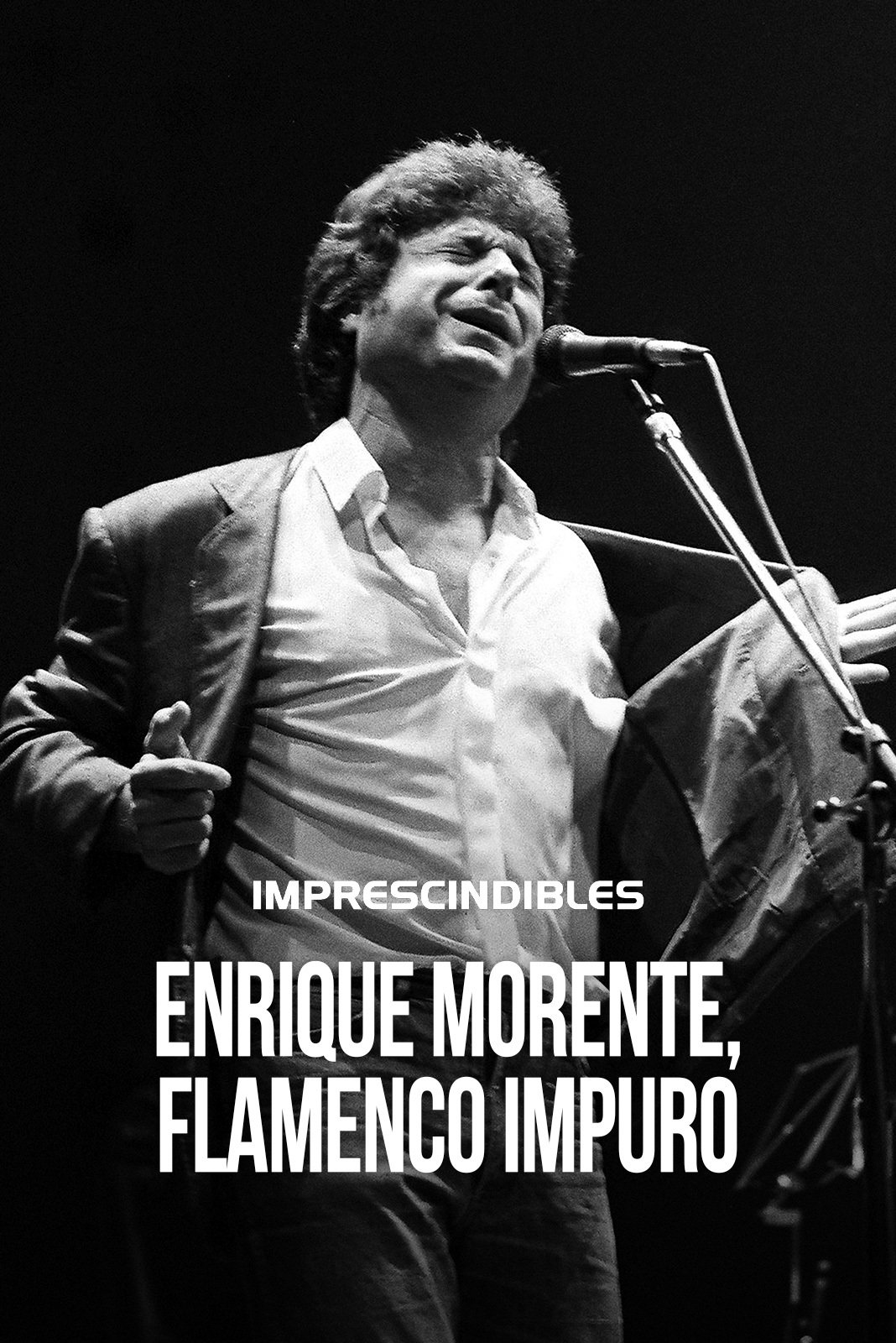
Enrique Morente's three sons tell the story of their father: the most revolutionary flamenco in history. Despite criticism from purists, he opened cante jondo to cultured poetry, brought it closer to young university students, explored its Arab roots and paired it with rock and other contemporary sounds. Much of the Spanish music of the last decades is heir to his findings.
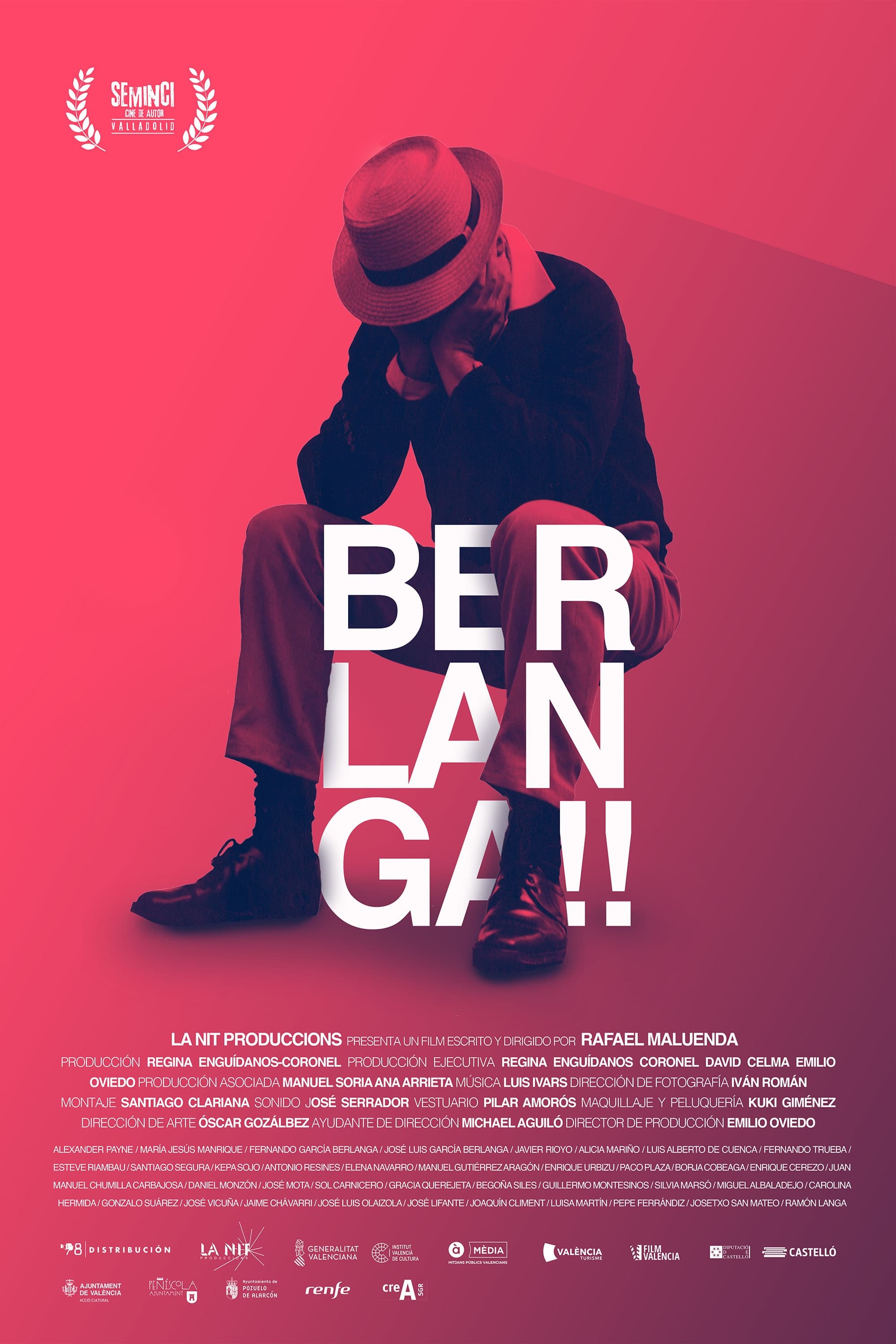
How does the vision of the brilliant Spanish filmmaker Luis García Berlanga (1921-2010) remain relevant in a time whose popular culture has little to do with his own? Since to understand the secrets of an artist it is essential to know the person behind, his family, his friends, his collaborators, as well as prestigious filmmakers and actors trace a collective portrait of a creator as singular as he is universal.
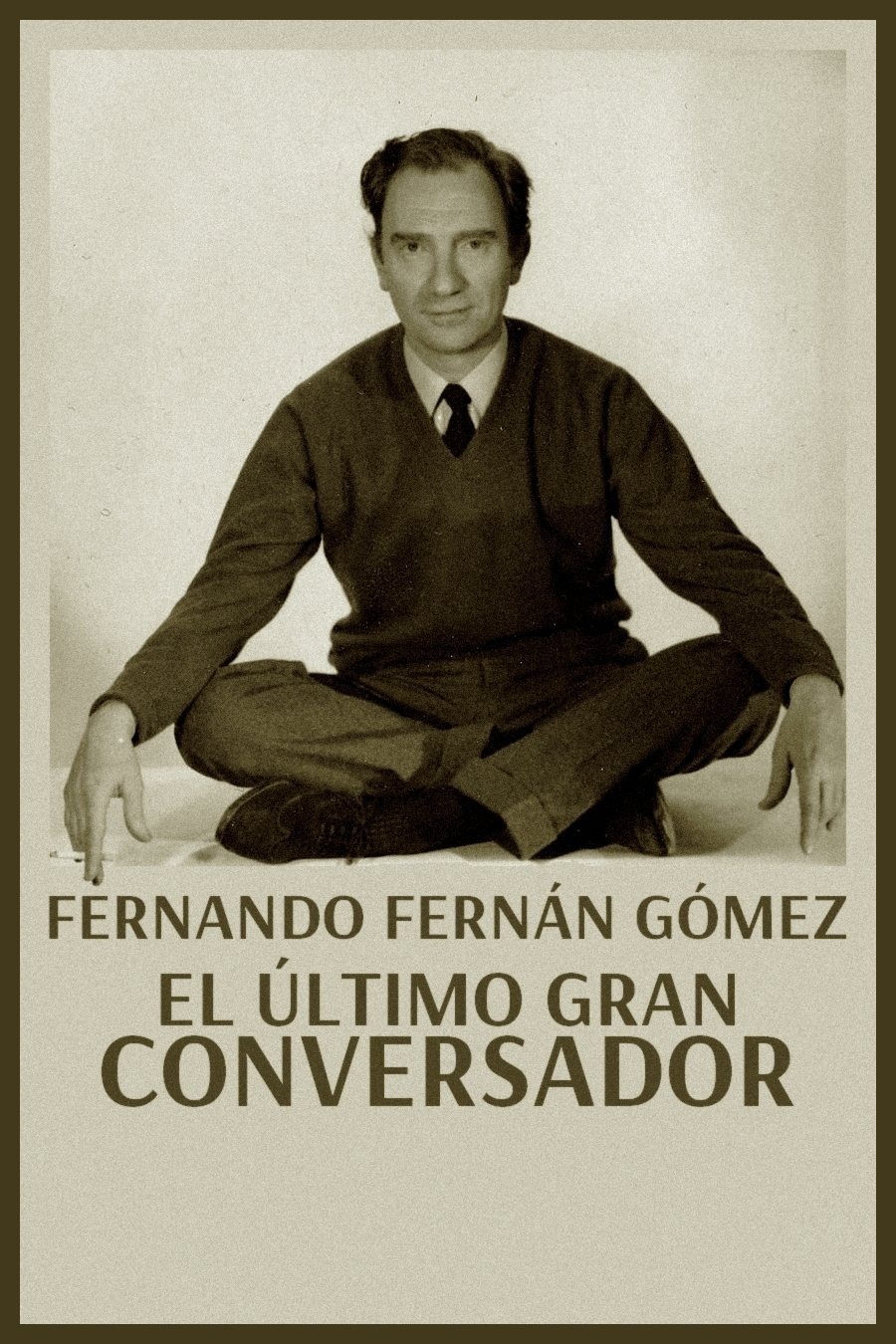
Fernando Fernán Gómez (1921-2007), actor, writer, playwright and film director, was for decades one of the most important figures in Spanish culture. His close friends and relatives reveal another facet in which he stood out above all: that of being an excellent conversationalist, capable of hypnotizing and seducing those who listened to him.
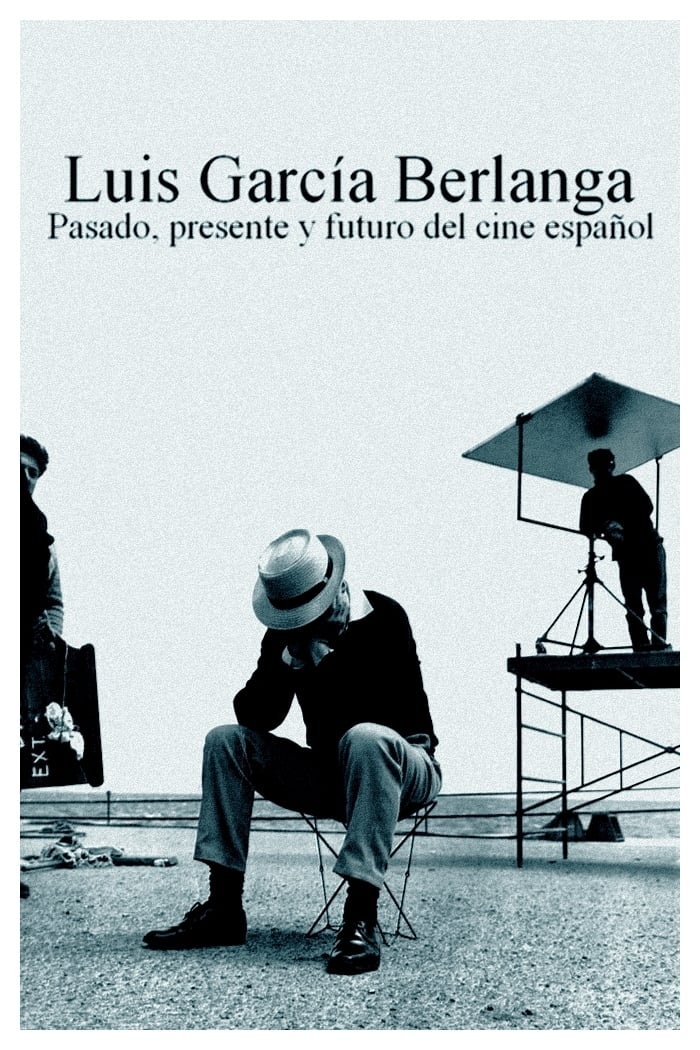
A conversation about the work of Spanish filmmaker Luis García Berlanga (1921-2010) and his perdurance in contemporary Spanish cinema.
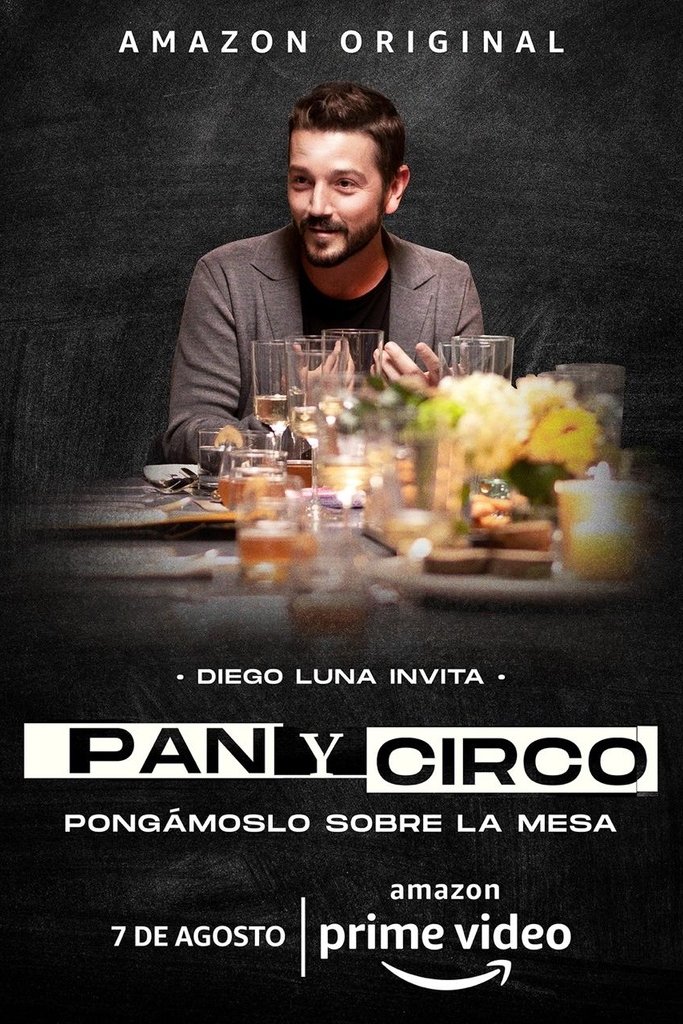
Taking back the ritual of food as a space for conversation and different points of view, actor and filmmaker Diego Luna moderates conversations that unites experts and different personalities to touch on fundamental topics of universal interest in contemporary societies, accompanied by the menus of well-known Mexican chefs.
Trueba studied Cinematography at the Facultad de Ciencias de la Información, was cinema critic for the newspaper 'El País' and for 'La Guía del Ocio' and also founded the journal "Casablanca". At the movies his first success was 'Opera Prima' (1980) following the style of the "comedia madrileña". He had major success with 'Sé infiel y no mires con quién' (1985) starting a longer colaboration with the producer Andrés Vicente Gómez. He won the second Foreign Film Academy Award for Spain in 1993 with 'Belle Epoque'.
By browsing this website, you accept our cookies policy.